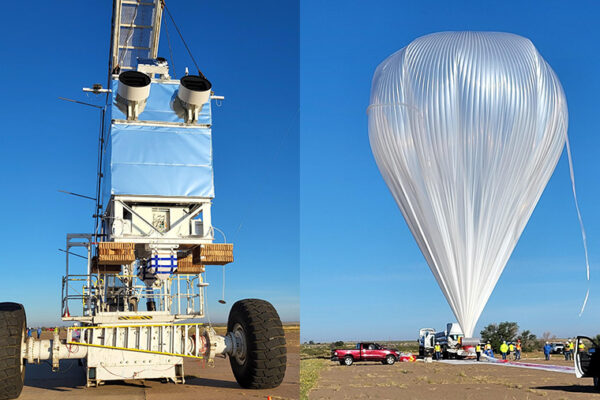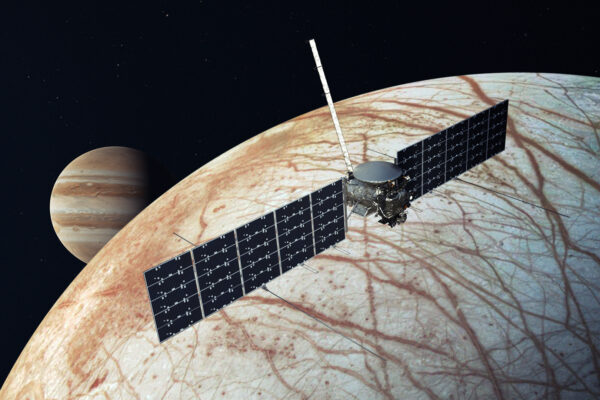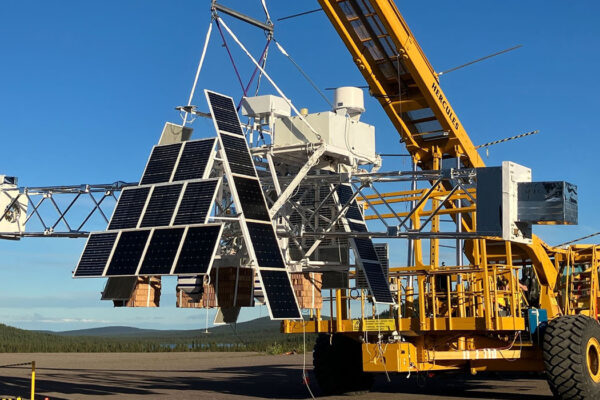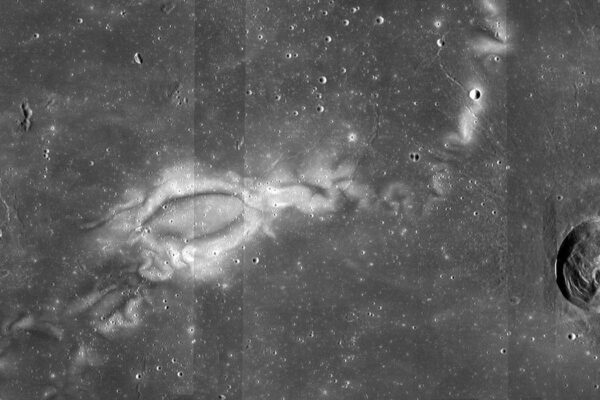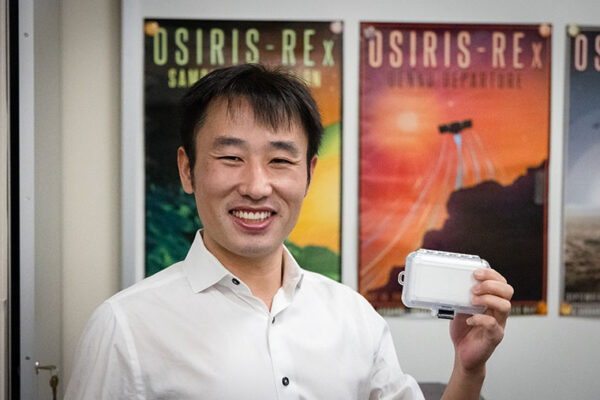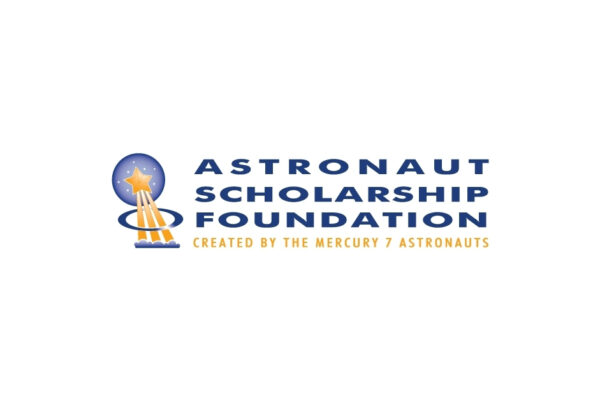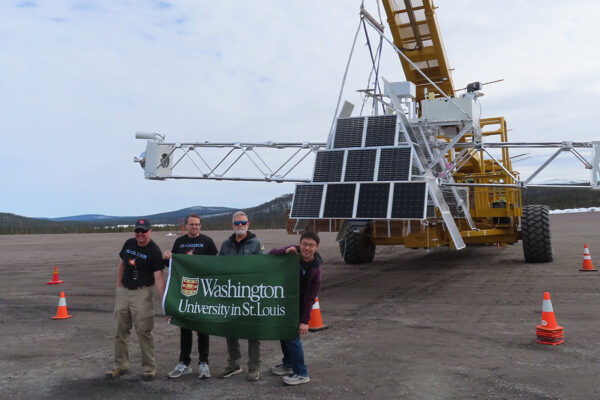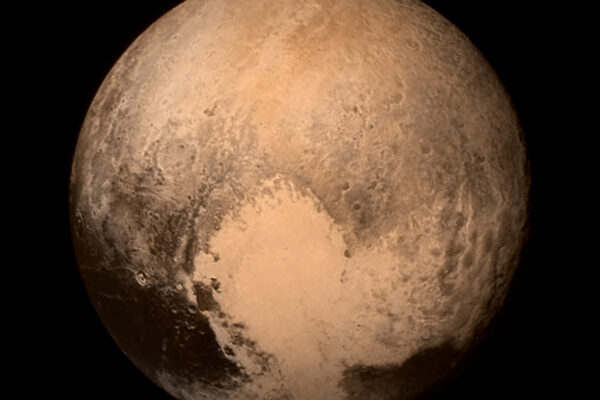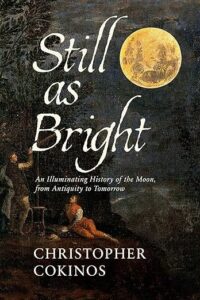Researchers to develop low-power, high-performance radar systems
McKelvey School of Engineering researchers received a federal grant to develop low-power, high-performance radar systems.
Balloon mission tests quantum sensor technology
A WashU-led team successfully launched the DR-TES mission Sept. 24 from NASA’s balloon launch facility in New Mexico. Physicists in Arts & Sciences are using this mission to test quantum X-ray and gamma-ray detectors in near-space conditions.
NASA’s Europa Clipper prepares for launch
The Europa Clipper mission is the first to specifically target Jupiter’s ocean moon for detailed science investigation. In this Q&A, WashU’s William B. McKinnon, a science team member, describes what’s at stake when it launches next month.
XL-Calibur telescope launched to study black holes
Scientists from Washington University in St. Louis have launched a balloon-borne telescope to unlock the secrets of astrophysical black holes and neutron stars, some of the most extreme objects in the universe. XL-Calibur launched July 9.
Moon ‘swirls’ could be magnetized by unseen magmas
In a laboratory setting, experimental petrologists at Washington University recreated the magnetizing reactions that could be causing the mysterious, light-colored features on the Moon’s surface, known as lunar swirls.
Surprising phosphate finding in asteroid sample
Washington University scientists, including Kun Wang in Arts & Sciences, are part of a team that reported that near-Earth asteroid Bennu’s dust is rich in carbon and nitrogen, as well as organic compounds, all of which are essential components for life as we know it.
Collado named an Astronaut Scholar
Tomás Collado, a rising senior studying mechanical engineering at the McKelvey School of Engineering, has been named an Astronaut Scholar, one of the nation’s most prestigious STEM fellowships.
XL-Calibur telescope set for balloon flight from Arctic Circle
Scientists from Washington University in St. Louis are preparing to launch a balloon-borne telescope to unlock the secrets of astrophysical black holes and neutron stars. The telescope known as XL-Calibur could be launched from Esrange Space Center in Sweden as early as Wednesday, May 29.
Peering into Pluto’s ocean
Graduate student Alex Nguyen in Arts & Sciences calculated the depth and density of the solar system’s most mysterious and remote body of water.
Still as Bright
An Illuminating History of the Moon, From Antiquity to Tomorrow
In the luminously told Still As Bright, the story of the Moon traverses time and space, rendering a range of human experiences—from the beliefs of ancient cultures to the science of Galileo’s telescopic discoveries, from the obsessions of colorful 19th century “selenographers” to the astronauts of Apollo and, now, Artemis. Still As Bright also traces […]
Older Stories

